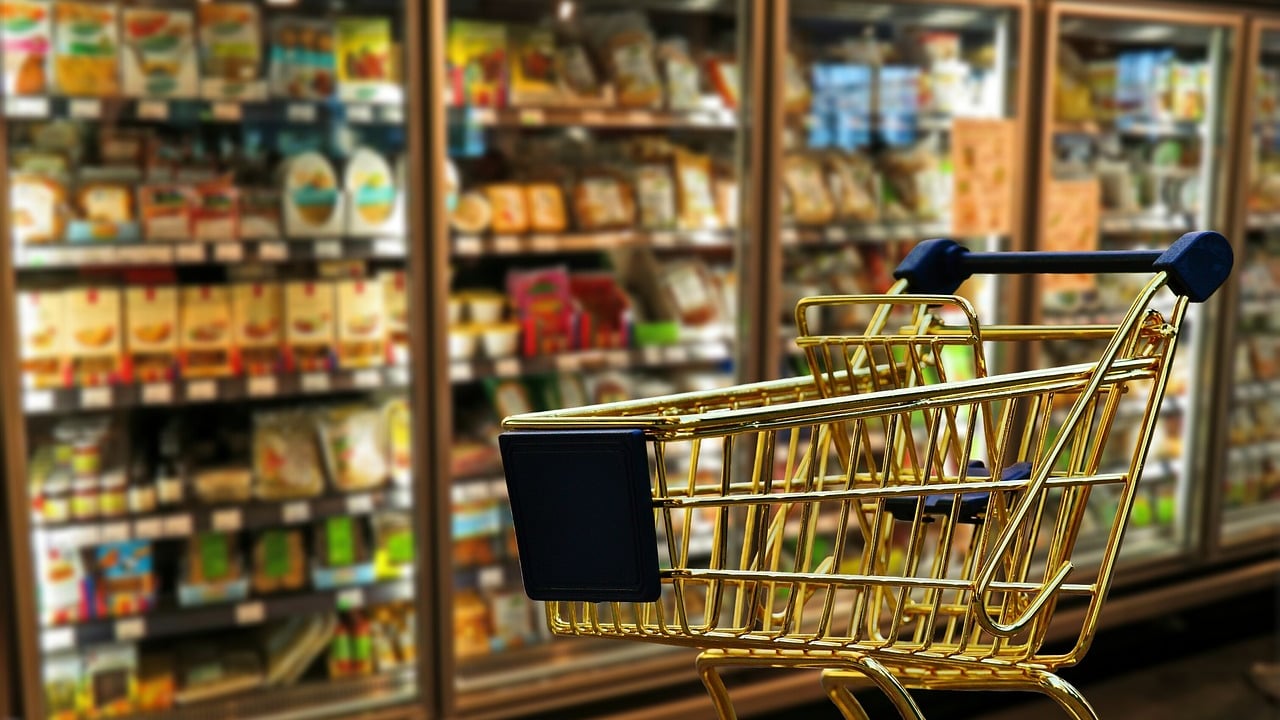FoodDrinkEurope launches industry sustainability initiative
FoodDrinkEurope has unveiled its Food Investment and Resilience Plan, aimed at bolstering the competitiveness and sustainability of the European food and drink industry.
The plan details this sector as the EU's largest manufacturing industry, comprising 291,000 companies and generating a collective turnover of €1.1 trillion.
99% of these companies are small- and medium-seized enterprises (SME) with 235,000 employing fewer than nine people.
FoodDrinkEurope also said that the industry also stands as the largest employer in manufacturing, providing 4.6 million jobs and paying €110 billion in wages.
The EU is recognised as the world's top exporter of food and drink products, with exports valued at €182 billion, according to the detail contained within the plan.
The sector is intertwined with European agriculture, converting approximately 70% of the continent’s agricultural produce into high-value products.
The industry has invested in research and innovation, with €2.1 billion spent annually by just 10 major EU companies.
FoodDrinkEurope’s plan is structured around five core areas:
- Stimulating investment;
- Supporting innovation;
- Boosting trade and securing supply;
- Building better regulation;
- Improving governance.
To meet the EU's food sustainability ambitions, the plan highlights a significant financing gap.
It calls for a more targeted Common Agriculture Policy (CAP) and the development of a comprehensive food investment strategy.
This includes securing at least €30 billion in the first year for sustainable agriculture, €7 billion for plastic recycling targets, and addressing a €.5.5 billion loan gap for agri-food businesses.
The plan emphasises accelerating food innovation to lead in sustainable and resilient food systems.
It calls for faster procedures for the risk assessment and approval of sustainable food solutions and the establishment of public-private partnerships to translate research into marketable innovations.
To maintain its leading position in global food trade, the plan advocates for an ambitious EU trade agenda and market access strategy.
This involves removing trade barriers, enhancing international cooperation, and ensuring stable access to global supplies to guarantee industry resilience.
The plan calls for the simplification and harmonisation of regulations to reduce unnecessary costs.
It stresses the importance of grounding EU policy in firm principles to enhance the single market, ensure fairness along the supply chain, and consider the needs of SMEs.
Improved coordination and governance within EU institutions are deemed essential in the report.
The plan proposes the creation of a food policy coordination unit and the appointment of an executive vice-president of the European Commission for agri-food to ensure cohesive and strategic policy development.





